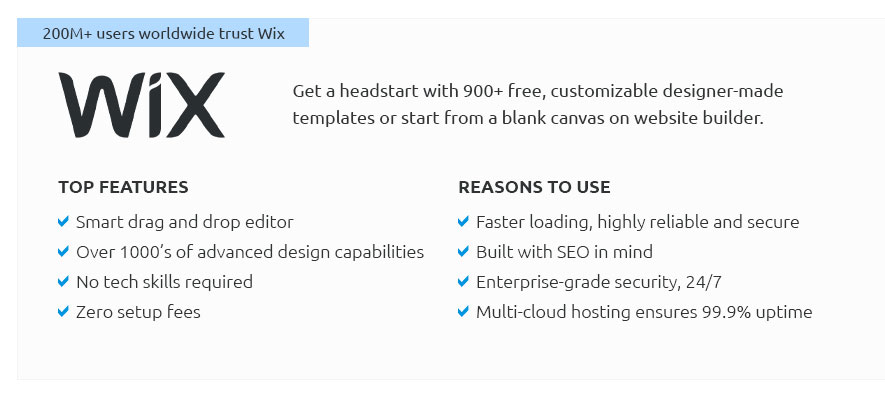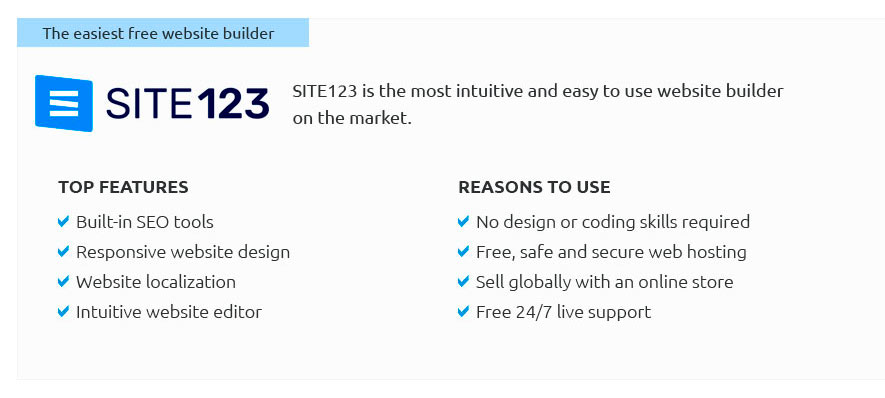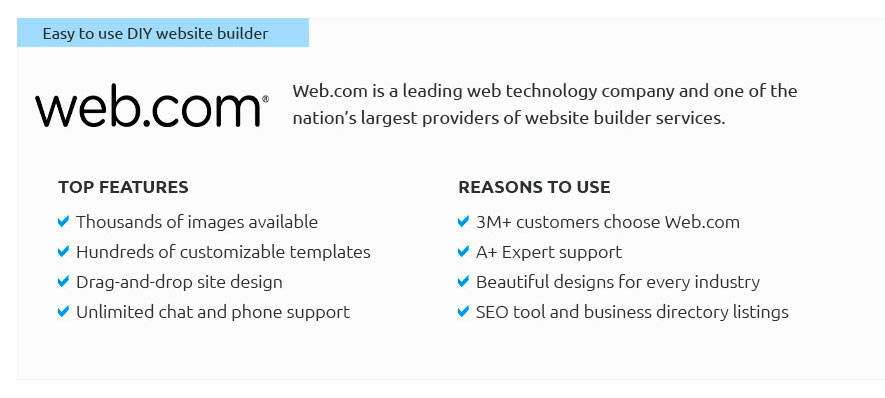|
How to Make a Website for Beginners Creating a website is a thrilling journey that combines creativity, technical skills, and a dash of patience. Whether you're building a site for a personal blog, a small business, or an online portfolio, the process is accessible to beginners, thanks to a plethora of tools and resources available today. Let's explore the steps to create your very own website. - Define Your Purpose: Before diving into the technical aspects, it's crucial to clearly define what you want your website to achieve. Are you looking to showcase your art, sell products, or perhaps write about your favorite hobbies? Knowing your purpose will guide the design and functionality of your site.
- Choose a Domain Name: The domain name is essentially your website's address on the internet. It should be memorable, relevant to your site's content, and ideally, short and easy to spell. Services like GoDaddy and Namecheap can help you find and register an available domain.
- Select a Web Hosting Provider: A web host stores your website's files and makes them accessible online. For beginners, shared hosting is a cost-effective option. Companies like Bluehost, SiteGround, and HostGator offer user-friendly services with various plans to fit your needs.
- Decide on a Website Builder or CMS: For those new to web development, a website builder or content management system (CMS) can simplify the process. WordPress is a popular CMS known for its flexibility and extensive plugin library. Alternatively, website builders like Wix, Squarespace, and Weebly provide intuitive drag-and-drop interfaces that require no coding skills.
- Design Your Site: This is where your creativity shines. Choose a template or theme that aligns with your brand and customize it to fit your style. Pay attention to color schemes, typography, and layout to ensure your site is visually appealing and easy to navigate. Remember, simplicity often triumphs over complexity.
- Add Content: Content is the heart of your website. Create engaging and informative pages like Home, About, Contact, and any additional sections relevant to your site's purpose. High-quality images and well-written text can significantly enhance user experience and search engine ranking.
- Optimize for SEO: Search Engine Optimization (SEO) is vital for increasing your site's visibility on search engines. Use relevant keywords, meta tags, and descriptive URLs. Tools like Yoast SEO for WordPress can assist beginners in optimizing their content effectively.
- Test and Launch: Before going live, thoroughly test your site to ensure all links work, forms are functional, and the design is consistent across different devices and browsers. Once satisfied, hit that publish button and share your creation with the world!
- Maintain and Update: A website is never truly finished. Regular updates with fresh content, security patches, and design tweaks will keep your site relevant and secure. Engage with your audience through comments and feedback to continually improve your site.
Embarking on the journey of creating a website can be daunting, but with each step, you'll gain valuable skills and confidence. Remember, every expert was once a beginner. So, take your time, enjoy the process, and don't hesitate to seek help from online communities and tutorials. Happy building!


|
|













